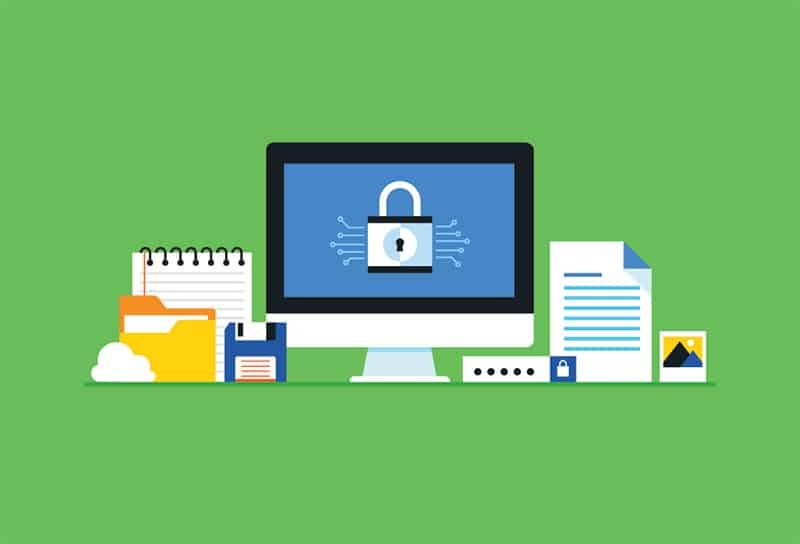
SSL Certificate Working – A Must-Know Process!
You’ve spent years building your website, and you finally have a great product or service to offer. You’re ready to take the next step and get your site up and running – but you can’t do that without SSL.
What is SSL? It stands for Secure Sockets Layer, which means it encrypts information passed between your browser and the website you’re visiting. It’s a security measure that protects all kinds of information about your customers.
If you want to make sure everything stays safe and secure, there are some essential points you need to know about SSL certificates. Here’s how to make sure your certificate is working correctly:

Verify SSL Certificate Working
- Verify that your browser has been upgraded with the latest version of TLS (Transport Layer Security). This ensures that it recognizes all certificates signed by trusted authorities before they can be used on your site.
- Verify that any custom domains or subdomains added via DNS have been set up correctly within their respective DNS settings (this may require contacting an administrator).
- Verify that any self-signed certificates have been installed on each server where they will be used (this may require contacting an administrator).
SSL Certificate – A Digital Identity
An SSL certificate is a digital identity that functions as a digital signature. It enables signs such as a green address bar, a padlock, ‘HTTPS’ prefix, etc. Such signs help you identify if the website you’re on is genuine and secure or not. The nature of such trust signs depends upon the validation level of the SSL certificates and the web browser you are using.
Importance of SSL Certificate on Website
We all know that a cheap SSL certificate is the easiest way to protect your data and keep your customers’ information secure. But why is it so important?
For one, SSL Certificates ensure no one can see the information you send and receive over the internet. This means that when you’re using an SSL Certificate, there’s no way anyone can intercept the data being sent from your website to your customers’ computers – which is critical if you’re collecting sensitive information like credit card numbers or social security numbers.
Second, SSL Certificates also verify that you are who you say you are. When someone visits your site, they see a padlock symbol in their browser window and know that their connection with your site is encrypted. This helps build trust with potential customers who might be wary of sending personal information over an unsecured connection.
Thirdly, a cheap SSL certificate helps protect against attacks on your site and increases speed for users who visit it – even if they don’t realize they’re using an SSL-secured connection!
Types of SSL Certificates
There are a few types of SSL certificates, and each one serves a different purpose.
Domain Validation (DV): This is the most basic type of certificate. It confirms that you own your domain name, and it can be used to encrypt traffic between your web server and the user’s browser. You can get this certificate from any provider.
Organization Validation (OV): This certificate is more expensive than DV and requires more validation from the provider, but it provides better security for your site. You can get this certificate from a verified provider.
Extended Validation (EV): This is the most expensive type of certificate but also the most secure kind available out there today. It requires an in-depth check to confirm that you’re who you say you are before they issue it. You can only get EV certificates from renowned and trusted providers.

SSL Certificates are an essential part of the security process for any business. They are a crucial way to protect your customers and your brand from malicious actors. While the process of setting up an SSL Certificate can seem daunting, once you understand how it works and what you need to do, it should be relatively simple.




